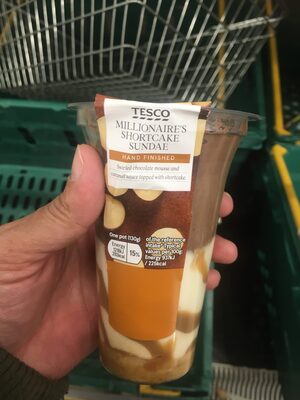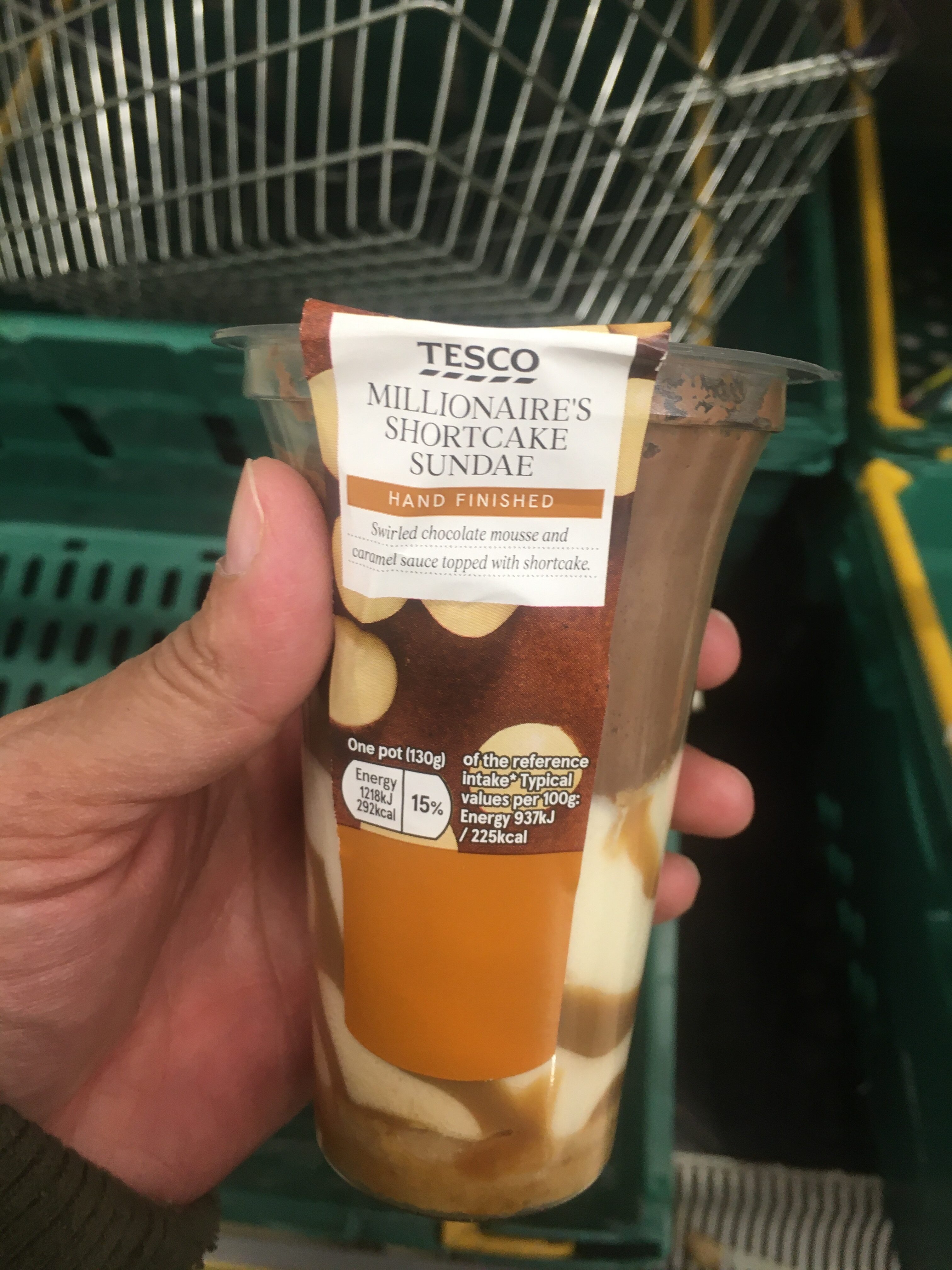Millionaire's Shortcake Sundae - Tesco - 130 g
This product page is not complete. You can help to complete it by editing it and adding more data from the photos we have, or by taking more photos using the app for Android or iPhone/iPad. Thank you!
×
Barcode: 971505426807490200002533
Quantity: 130 g
Brands: Tesco
Stores: Tesco
Countries where sold: United Kingdom
Matching with your preferences
Environment
Packaging
Transportation
Threatened species
Report a problem
Data sources
Product added on by openfoodfacts-contributors
Last edit of product page on by dagre.
Product page also edited by roboto-app.
If the data is incomplete or incorrect, you can complete or correct it by editing this page.






